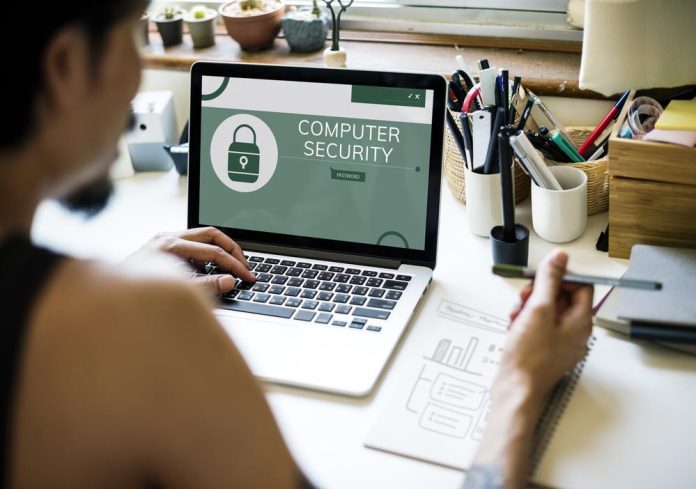Falling victim to a malware attack is a terrible turn to your day. Malware usually makes it all but impossible to use your device as intended; some malware locks down critical files and settings and demands payment for their return, while other malware will spam your device with advertisements every minute or so. Downloaded and installed malware will cost you time and money to eradicate — so it is much smarter to avoid malware infection entirely.
Fortunately, avoiding malware is easier than it sounds. Here are a few quick and easy changes you can make to your digital technology and your browsing techniques that vastly improve your malware security.
Install Antivirus Tools
The fastest and best way to prevent malware from infecting your devices and network is using antivirus solutions. This type of software does much more than protect against viruses; it monitors devices for any sign of malicious program and removes offending code before it can have any negative effects. You should invest in high-quality antivirus tools, which are more likely to be up-to-date with information about the latest online threats and come with useful features for maintaining internet safety in other ways.
Update All Software
Over time, all software requires updates to ensure that programs function as intended. Updates also give developers the chance to close vulnerabilities, which may open in software as the digital environment shifts. You should allow your devices to update all applications automatically, and you can schedule updates to download and install during periods when you will not need a lot of processing power. Then, you can be certain that cybercriminals will not get onto your network through outdated software.
Delete Sensitive Data
As tempting as it might be to store all your information in one convenient place, the truth is that internet-connected devices are not the right place to store your sensitive data. Any information you would not want leaked to strangers — or even your friends and family — should be kept offline in a secure space, like a safe or safety deposit box. This includes data like your social security number, any payment card numbers, protected health information, passwords or ID cards
Click Judiciously
Not every link you find online is safe to click. Clicking wantonly will eventually result in you accidentally downloading malware or otherwise inviting cybercriminals to access your device. Every click you make online should be purposeful; before you click, you should have a good sense of what will happen from following the link, and you should avoid clicking randomly without intention.
Ignore Abandoned Flash Drives
Flash drives are always useful to have on hand, and if you see one on a table at your local coffee shop you might be tempted to pocket it for later use. Unfortunately, cybercriminals often load flash drives with malware and leave them in conspicuous places where they will be swiped and plugged into devices by unsuspecting victims. As tempting as that free flash drive might be, you should leave it where it is — or surrender it to the shop’s lost and found.
Post Sparingly on Social Media
As addictive as it is to post juicy details of your life on your social media page, doing so puts you at risk of cyberattack — and other crimes, as well. Criminals tend to search social media for specific types of information that can make it easier to infiltrate accounts and devices; for example, children’s names and birthdays are often used in passwords. What’s more, if you post about upcoming vacations, real-world criminals know when your home will be unguarded and ripe for robbery. Thus, the less you post on social media, the better.

Use Mobile Security
As mobile traffic increases, more cybercriminals are focusing their attacks on mobile devices. Mobile malware can be even more difficult to identify and recover from than traditional malware. Thus, you should invest in a mobile security solution — which may be available through your antivirus provider.
Employ a VPN
A virtual private network (VPN) functions like a private tunnel for your device to use to connect to the web, which makes it all but impossible for cybercriminals to determine what your device is, where it is located and other useful aspects. A VPN might seem like an advanced tool for cybersecurity, but it is actually remarkably easy for anyone to use. You can probably acquire access to a VPN through your antivirus provider or else through a VPN-specific service.
Not everyone is destined to succumb to malware. With the right digital tools and practices, you can avoid malware infections for the rest of your life.

